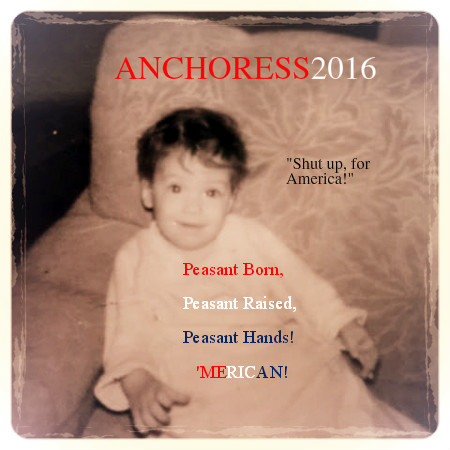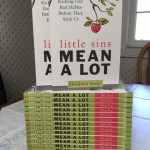June 24, 2005 — Recaptured by wayback machine.
Why I will always admire Hitchens, even when I shouldn’t
Filed under: Socialism doesn’t work
Christopher Hitchens was dining out and looking for an ashtray – seeing none about he politely requested one.
He was told he was eating in a “non-smoking facility.”
Narrowing his eyes, Hitchens murmured, “I don’t dine in facilities…”
Alright, I have no idea if he narrowed his eyes (I would hope he did) but I’m quite sure he murmured and when he did, his server probably quailed and quaked. This account does not give the dramatic details.
I am a non-smoker. For that matter, I am an EX-smoker, which means I am truly one of those pains in the rear who wrinkes her nose at the smell of stale tobacco and asks her guests to please smoke on the porch where a sensible pail of sand has been provided to snuff their nasty ciggies out.
That said, I have zero patience with these laws popping up all over the country, which do not merely mandate “smoking” and “non-smoking” sections, but which prohibit any and all pub-owners, restauranteurs and others from serving a smoking clientele if that is their choice.
Hitchens has zero patience with it, too, and sees all of this banning as un-American. Again, we are in agreement. Somewhere, in this increasingly up-tight country, we should be able to be a little laid back!
…one of Washington’s most colorful and prolific journalists, who is applying for American citizenship, troubled himself with the tedium of a D.C. Council hearing to object to a smoking ban in the capital city’s bars and restaurants. What would Hitchens find un-American about such a ban? Its denial of tobacco’s role in our nation’s founding and general ignorance of history? Its destruction of the third place? Its affront to liberty?
The ban is un-American for all these reasons, Hitchens explained in an interview with TAS Tuesday. Settings such as the Apollo Room in Williamsburg’s Raleigh Tavern were crucial to civilized life and the plotting of the American Revolution, Hitchens says. “The availability of intoxicating liquors and various forms of tobacco is in some way essential here. The existence of the bohemian has always been important to the righted life. You went there for an unrestricted atmosphere.”
Smoking bans would have stilted the development of some of America’s cultural treasures as well, he argues. “If you want to go hear jazz in New Orleans there will be no smoke in the blues room. Without smoking and drinking there would be no —-ing jazz.”
I’m a grown up woman. I am perfectly able to decide for myself whether or not I wish to bring my money to a smoking establishment or not, and as I said here, a business can simply place a nicely lettered sign at the door indicating whether smoking is or is not permitted inside. If they are polite, they can offer to make suitable recommendations to other businesses that cater to what they do not.
But let’s allow Hitchens his say:
Noting that strip clubs are exempted from the smoking ban, Hitchens said to TAS, “I don’t know why these blue noses and puritans are trying to drive me into a life of debauchery.”
In reducing bars and restaurants to mere workplaces, “a very paltry definition of a place of reflection and entertainment,” Hitchens argues that the D.C. Council rejects the most basic tenets of hospitality. He asked the council, “Is it not beyond the wit of this great city, this great country, this great culture, to find a place where people like myself can meet people to whom hospitality means, ‘This is my house but when you’re here this is your house and you can do as you please’? And that’s why we call it a hospitality industry in the first place.”
Hitchens is only asking for separation between smokers and non-smokers. Since the council won’t accept even the most accommodating compromise and allow some highly regulated smoking establishments, it’s “using taxpayers’ money to try and change our behavior.” The ban proponents’ position is “not logical or moral in its force….It wouldn’t pass muster in a sophomoric class on formal logic.”
…
Though conservatives have historically favored some prohibitions, Hitchens concedes that “the current version of prohibitionism is a left one. It’s phrased in what you’d have to describe as a liberal voice, but it has a fundamentally illiberal conclusion. And it believes everywhere should be a freakin’ cheerful Disneyland. I don’t want to live in a freakin’ cheerful Disneyland. I want to live in a world with fearful anxiety and with all the things to combat it.” .
Hitch is right so often. Too bad he’s so faith-phobic! :-)











